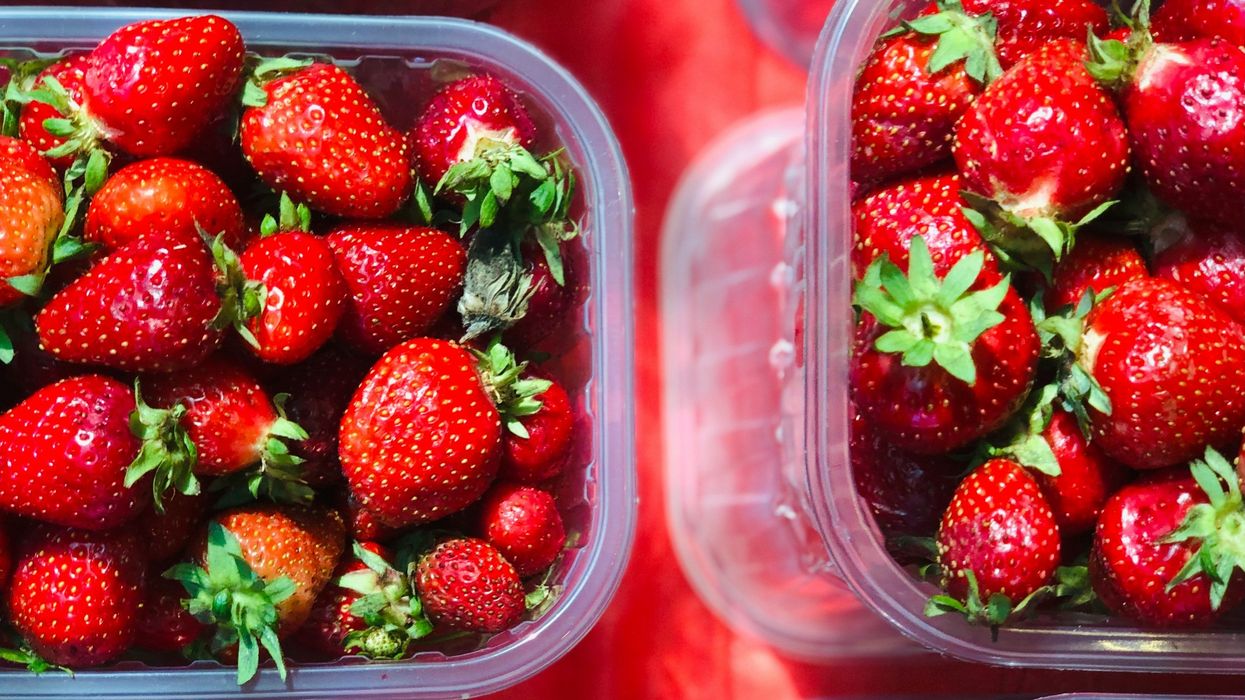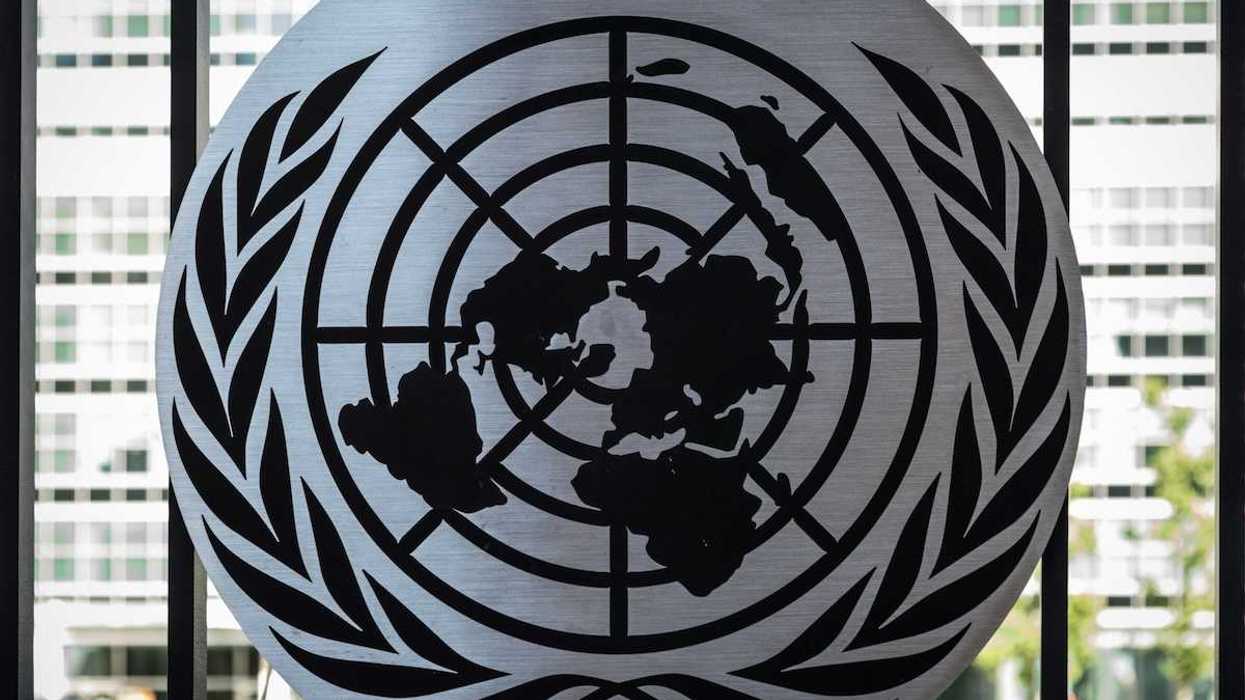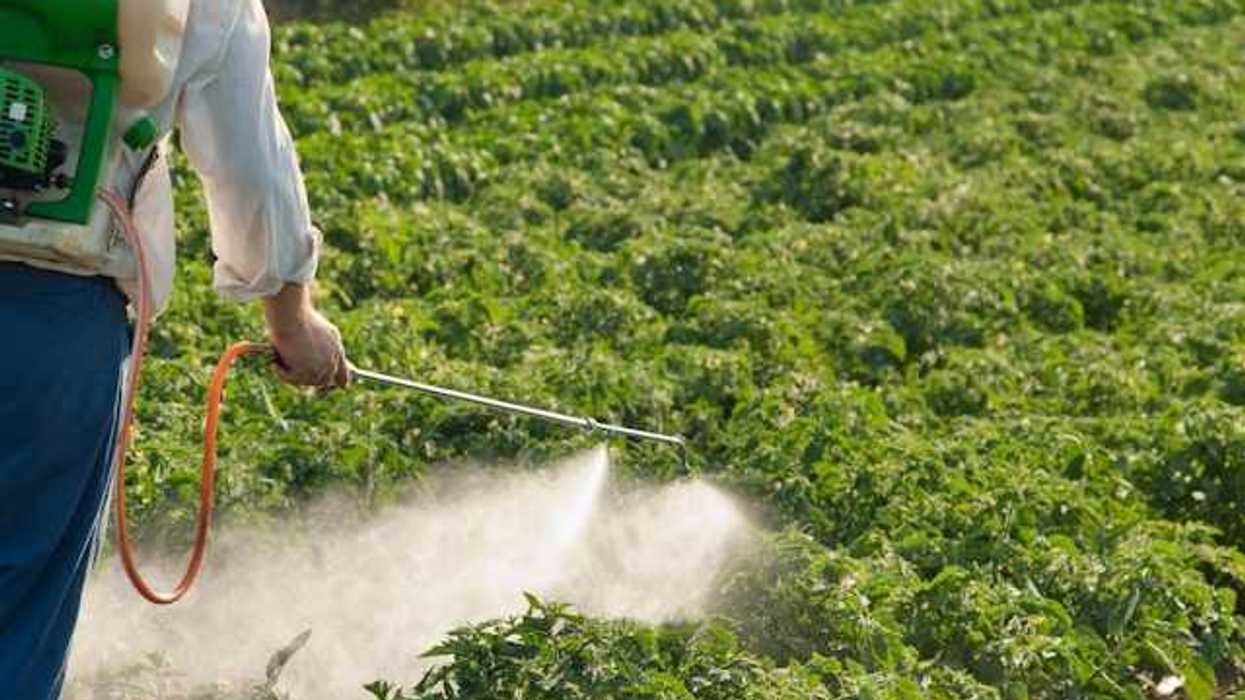A recent study published in Environmental Science & Technology points out the large knowledge gaps around the presence of per- and polyfluoroalkyl substances (PFAS) - a group of chemicals associated with severe health issues - in food packaging materials.
In short:
- The study found that 68 types of PFAS have been detected in food packaging materials, including in plastic, paper and metal packaging.
- Of those PFAS, 61 of them (89%) have not been disclosed or authorized for use in the manufacturing of food packaging by industry or regulators.
- Only 39 of the PFAS detected have been tested for hazardous properties, and the available data is incomplete.
Key quote:
“These findings underscore the urgency of adopting a group restriction approach to PFAS, implying that all PFAS are banned from use in food contact materials.”
- Study author Birgit Geueke, via Food Packaging Forum’s accompanying summary
Why this matters:
PFAS have been linked to a wide range of serious health concerns, including multiple cancers, reproductive issues, and birth defects. However, PFAS are still used in everyday products, and exposure to them is widespread - analyses from the US National Health and Nutrition Examination Survey have found that PFAS are detectable in the blood of nearly 100% of US individuals. Given PFAS’ potential to cause harm and the lack of reliable data on their use, the authors of this study call for a more aggressive approach to regulation, including a ban on any use in food packaging materials.
Related EHN coverage:
- Plastic chemicals are more numerable and less regulated than previously thought: Report
- 2024 could be a big year for PFAS bans: Report
More resources:
The Food Packaging Forum provides independent publications and tools based on the latest science on the health and environmental effects of chemicals in food contact materials.
Phelps, Drake et al. for Environmental Science & Technology. Mar. 19, 2024, and Food Packaging Forum’s accompanying summary.
- Manufacturers make PFAS-free food packaging recipe available to all ›
- Burgers and fries with a side of PFAS ›

















